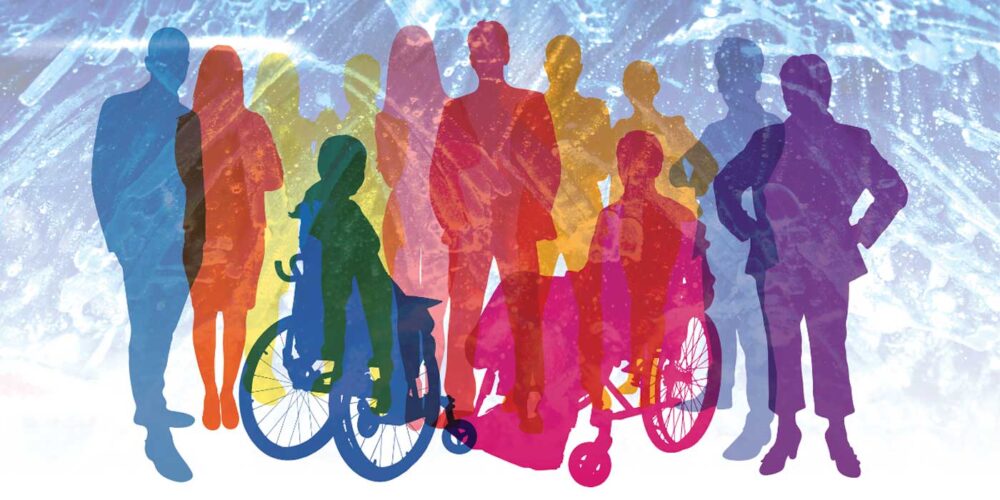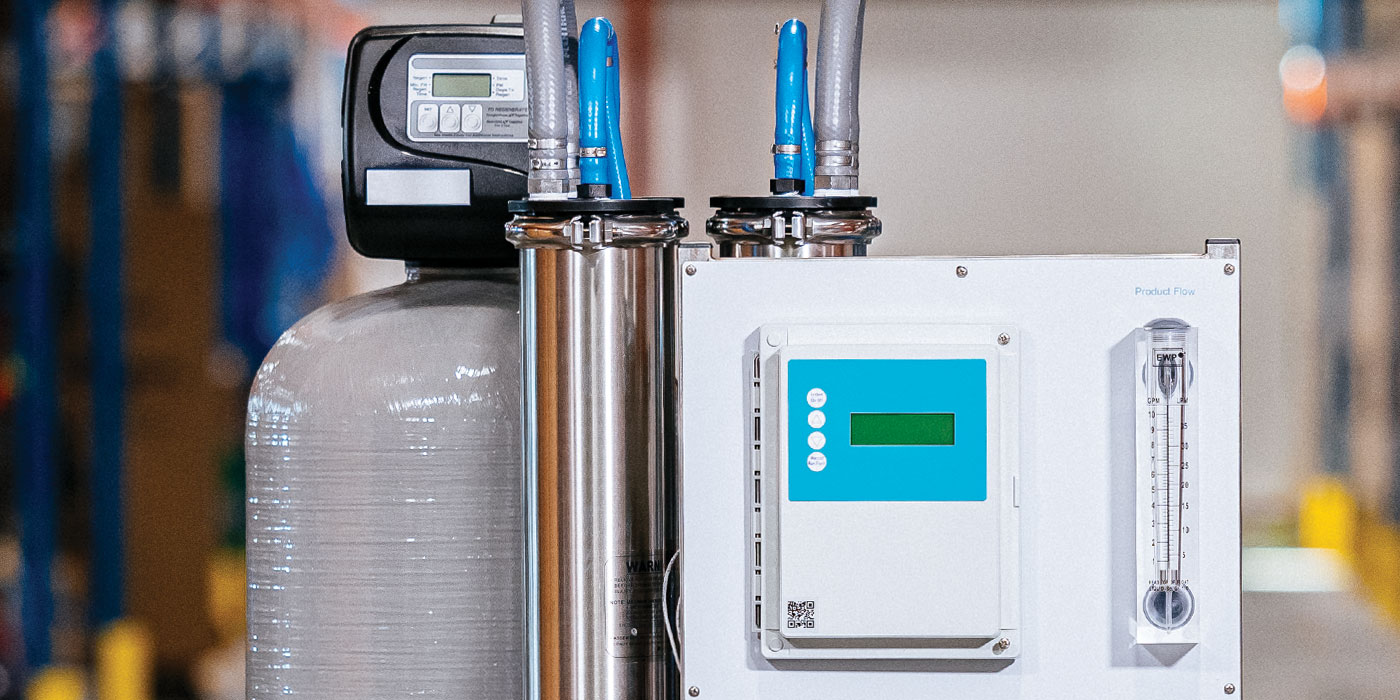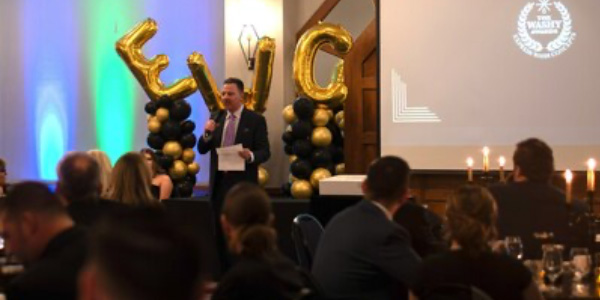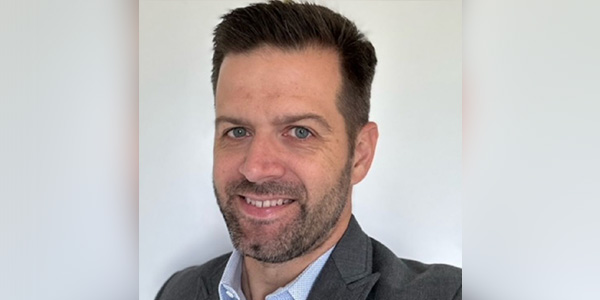Recent events have once again pushed headlines of social and racial injustice to the forefront of news in America. As the world watches, many U.S. business leaders are making diversity, equity and inclusion top priorities. But, how can these companies, including many professional carwashes and detailing businesses, go beyond just making the topic of diversity a blurb on the “About Us” section of their websites and turn it into meaningful action?
No time to read this article? Listen to it instead!
Many employers are taking the needed steps to create a welcoming work environment for employees of all ages, backgrounds, ethnicities and genders. But, how exactly does inclusion build winning teams, particularly in the carwashing and detailing industries? We reached out to several industry professionals for insights into how diversity and inclusion have helped to build and advance their businesses and organizations.
Diversity defined
According to Merriam-Webster, diversity is defined as being composed of differing elements or qualities. We asked carwash and detailing industry professionals what diversity means to them and their organizations.
At WhiteWater Express Car Wash, Chief Development Officer Henry Shine remarks, “To us at WhiteWater, it all comes back to our pillars of respect and communication. Diversity means respecting others’ backgrounds, opinions, views and ideas, and communicating about those differences so we can learn from each other.”
For Larry Brown, owner and general manager of Ottawa Auto Spa in Ottawa, Illinois, “Diversity is a representation of people with different opinions and backgrounds across age, education, economic, racial, ethnic and varied life experiences.” Going one step further, Brown reminds us that diversity is in fact a representation of the communities that professional carwashes and detailing businesses serve — in other words, your customers.
“It’s a reflection of the entire community. Building an organization that is inclusive to the community and markets it serves helps to create a better brand that represents all customers’ needs and not just a single group of customers,” Brown continues. “We wash cars — that’s what we do. There are big cars, medium cars and small cars; some are SUVs and some are dual rear-wheel trucks. We adjust the equipment to service all, and no one gets left out — that’s diversity.”
Building better together
The International Detailing Association (IDA) provides networking interface, education and business resources, standards-setting and leadership opportunities to its members around the world. IDA currently has members in 78 countries, and these members are different ages, genders and races with differing political views. They also speak different languages and have varying educational backgrounds. The way IDA President DJ Patterson sees it, “This is just about as diverse as you can get.”
“Workforce needs and experiences vary greatly from community to community, so input from all walks of life helps build successful, productive teams,” explains Patterson. “Not one person — whatever the background or beliefs may be — has strengths, gifts and talents that anyone else has. Everyone is unique in his or her own way. Plainly put, a diverse team is much … stronger than one that all share the same age, ethnicity, political beliefs, etc.”
Going back to the communities carwash and detailing businesses serve, one significant advantage of having a diverse team at all levels, including management and c-suite, is sometimes the ability to literally communicate with customers.
“People come from all over the world and from all walks of life,” reiterates Brown. “An employee might bring an idea or concept to the table based on his or her life experiences that maybe you have not considered before. Maybe that employee is bilingual or even multilingual and can help to explain the wash process, resolve service issues and sell your unlimited plan to customers who do not understand your language and you don’t understand theirs. Having someone on your team that doesn’t look like you brings more creativity and makes the entire team stronger.”
Successful companies have team members that all work toward a common goal. Different ideas should be encouraged and not shunned. If you fill your company with “yes” people, eventually you will be surrounded by employees that have nothing to say or offer. Good leaders encourage productive criticism, and younger generations — regardless of race, religious beliefs or backgrounds — want their ideas to be heard and incorporated into the business when and where practical.
“If everyone grew up the same way, was taught the same things and agreed on every point, we would have no innovation. Healthy discussion and debate is how companies improve every day, and the carwash industry is no exception,” enlightens Shine.
Diversity naturally
Diversity and inclusion must start from the top-down, and quality employees must be incentivized to grow with the organization. To help with this, you might consider offering diversity training on an ongoing basis. One course from Traliant LLC, which offers interactive online compliance training, is titled, “Workplace Diversity, Inclusion and Sensitivity Training.” According to the company, the course takes a modern approach to learning through short videos and interactive knowledge checks.
In a recent Traliant Compliance blog, “4 Reasons Why Diversity, Equity and Inclusion Training is More Important Than Ever,” this training helps amplify senior leadership’s commitment, raise awareness of unconscious bias, address workplace microaggressions and promote cultural competency.
Once staff members understand the benefits of inclusion and team diversity, the end result should be a natural progression. “The IDA is a prime example of top-down diversity, but not by choice — it happens naturally,” states Sheryle Hazard, IDA’s executive director, adding that the association does not take diversity into consideration when determining who will be voted into leadership roles.
“We put people into leadership roles that are best qualified to lead various parts of the organization. For instance, our current IDA president, DJ Patterson, is a black man from Oklahoma. We didn’t want DJ in the role as president because he’s black and we support diversity. We want him in that position because he is a talented businessman with great leadership qualities. Our IDA president-elect, Alan Medcraf, is from Scotland. We didn’t want Alan in the role of president-elect because he’s from the U.K. Again, he is a talented businessman with great leadership qualities,” Hazard adds.
Regardless of titles, leading organizations today ensure all employees have a voice and feel that their opinions matter to the overall success of the company. Leaders demonstrate this encouragement of inclusion each and every day.
“Having a diverse organization at all levels ensures everyone feels empowered to drive change throughout the organization,” says Shine, adding that WhiteWater Express Car Wash doesn’t emphasize titles as much as other companies might. “If someone is passionate about something that will help WhiteWater win, we let them run with it.”
Sometimes, Brown acknowledges, these debates and conversations might call for owners and other employees, including veteran managers, to feel comfortable in uncomfortable situations. Many teams simply perform tasks because “that’s the way we’ve always done it, and if it’s not broke, don’t fix it.” While this may be true in some instances, all employees and owners need to be open-minded and accept that change is oftentimes the only path to growth.
Diverse representation
In recent decades, our country’s elected officials at the highest levels of government, across all branches, serve as examples of diversity and inclusion for all people these individuals represent. Especially for younger generations, seeing is believing.
According to Brown, the professional carwash industry has an opportunity to encourage younger generations of women and racial groups to enter the industry and make a career of it. “The first thing you have to do, however, is give them hope. If they see people on the board of directors or as a carwash owner, it gives them hope to think, ‘I can be like that person,’” he adds. “If there is no representation, younger generations will just move on to the next industry where they see and can learn from leaders who are just like them. This results in taking talent out of our industry and sending it off to another industry.”
Brown says progress should come in the form of more diversity at industry events and trade shows. Other initiatives he notes are mentorship programs, competitive wages/bonuses and offering a path toward carwash business ownership. “Conversations aren’t good enough anymore. You have to show your team that you are serious about diversity by the actions you take. For instance, recognize your best employee with a three-day trip to the convention or a plan toward ownership of the business,” he suggests. “We always say we give back; well then, prove it.”
Younger generations might not even realize the immense career potential the professional carwashing and detailing industries offer. In order to bridge the gap, say those interviewed for this article, our industry’s leaders need to take a grassroots approach to spread awareness and attract top young talent.
“We need to reach out to high schools, colleges, training programs (vocational in nature), consumers, etc., to market the benefits of the detailing industry,” notes Patterson.
Once your staff at all levels represents the communities it serves, leaders must continue to encourage and celebrate the benefits of diversity on a regular and ongoing basis.
As Shine concludes, “Companies have the ability to encourage diversity every day by celebrating the successes and improvements that come from diversity. When you create an environment that celebrates each person for their unique abilities, that is when you will become a diverse company.”














